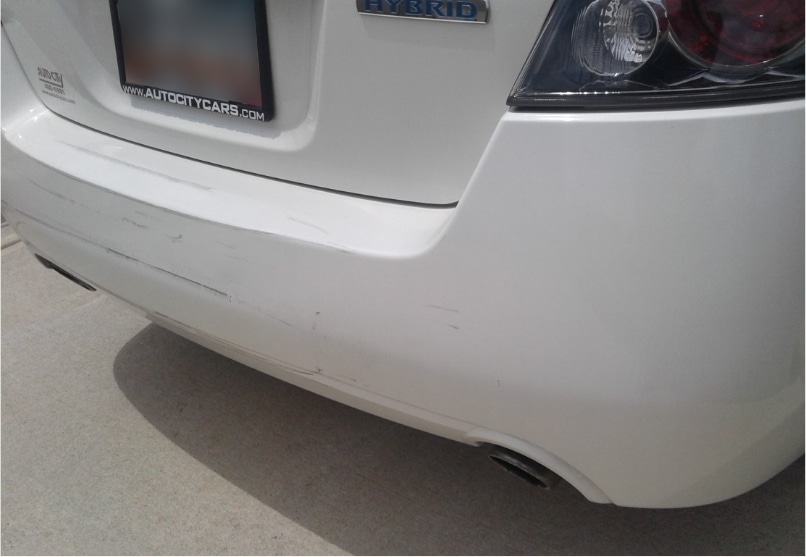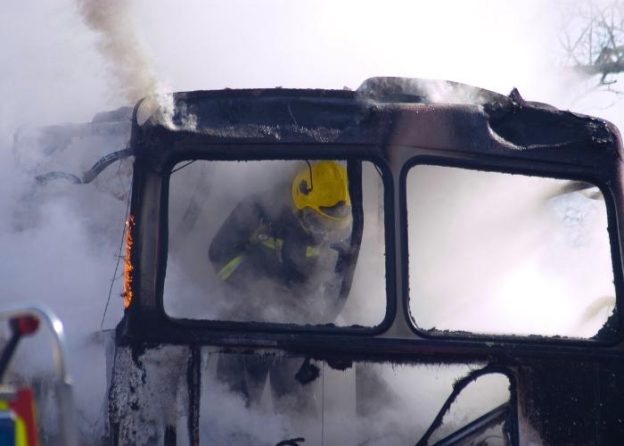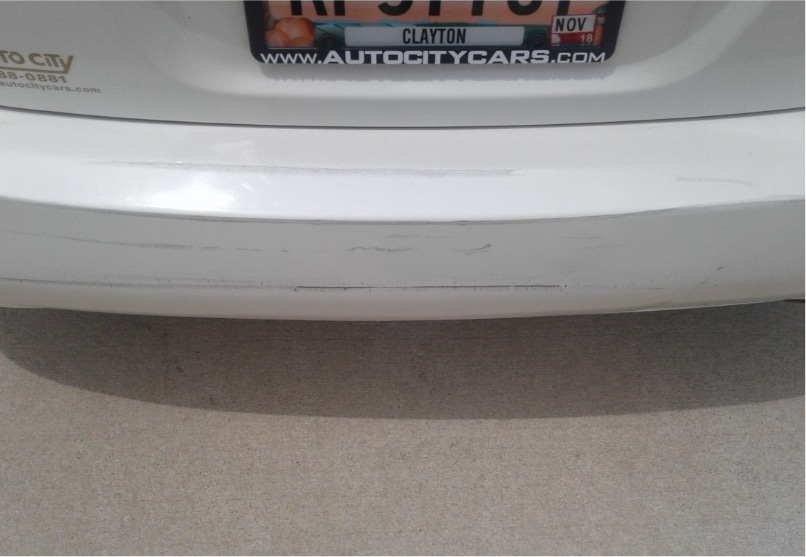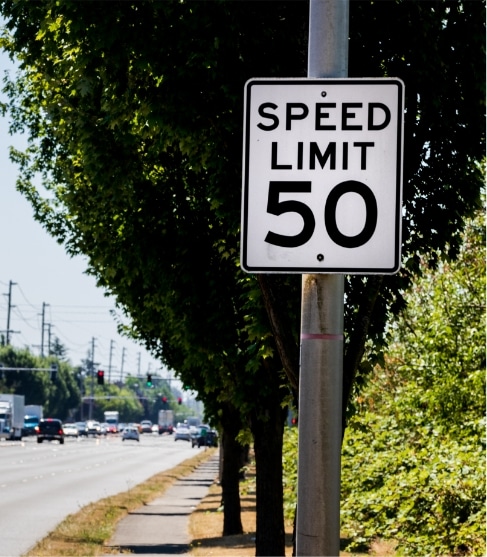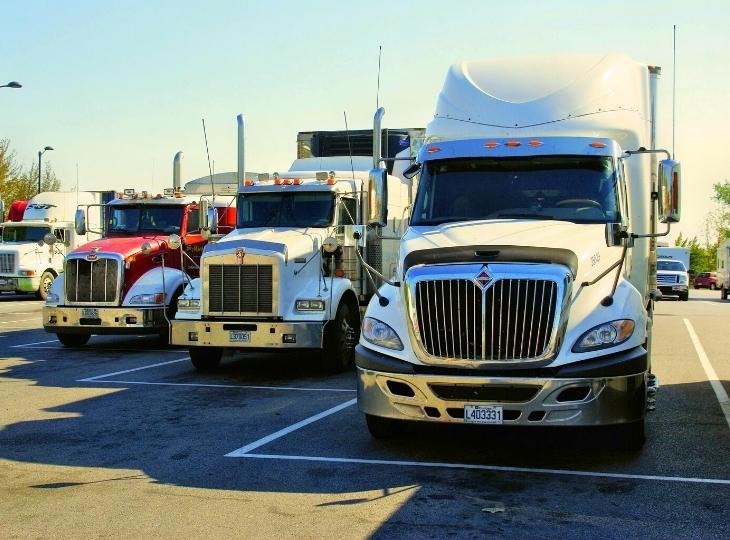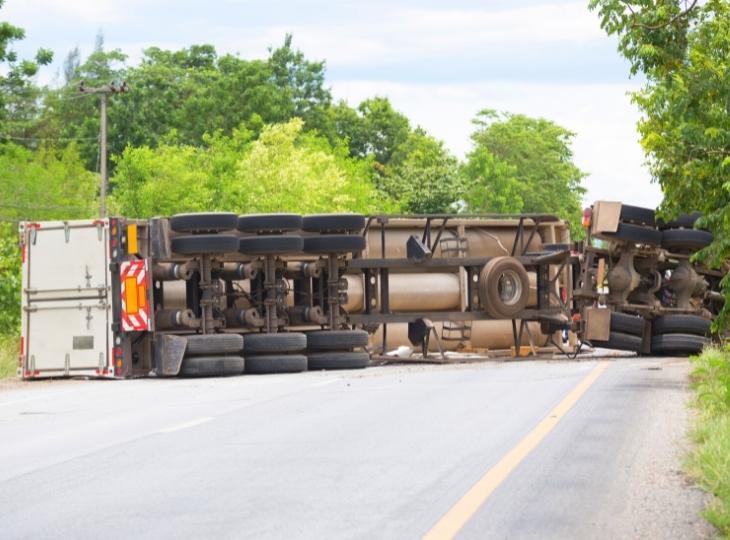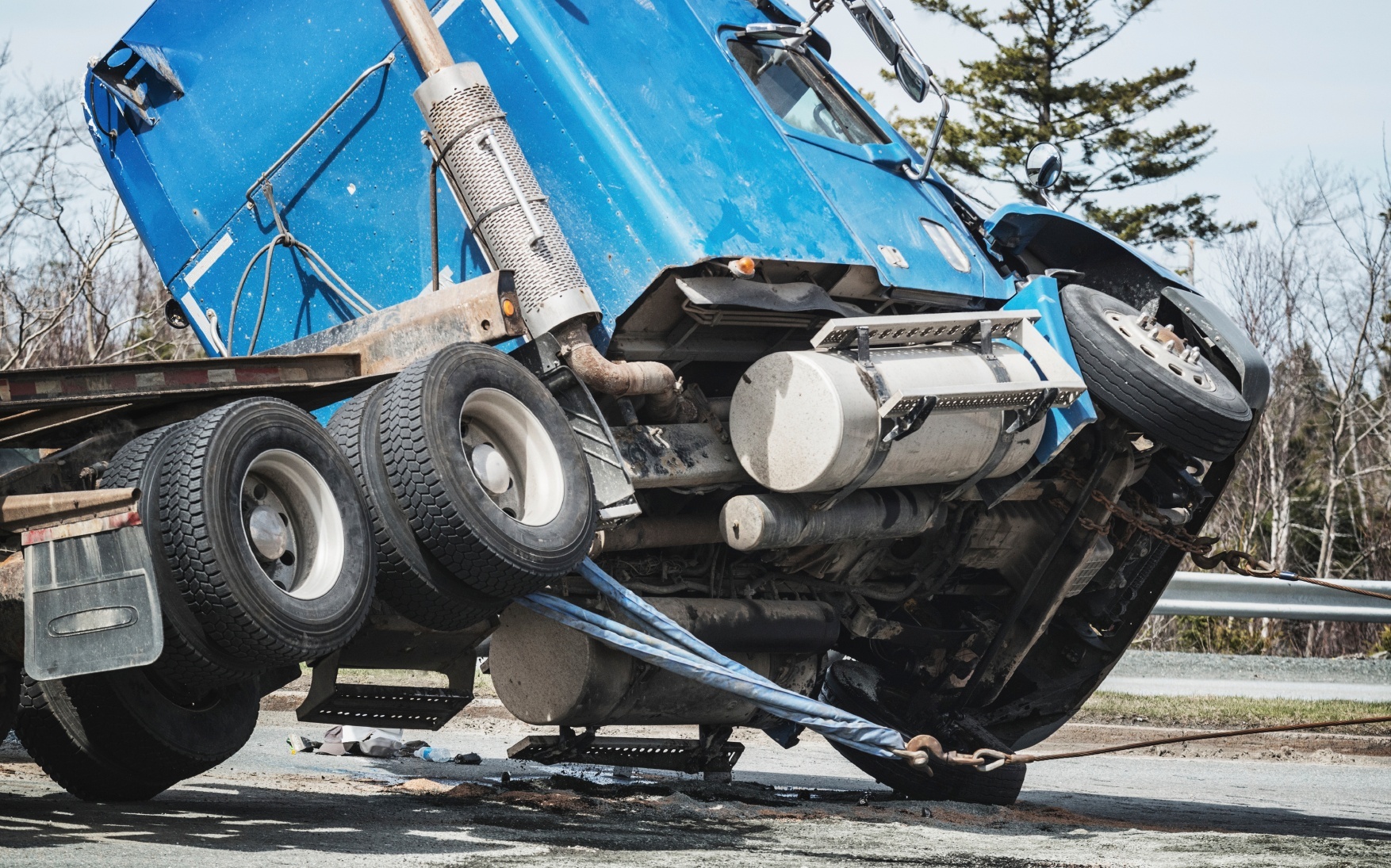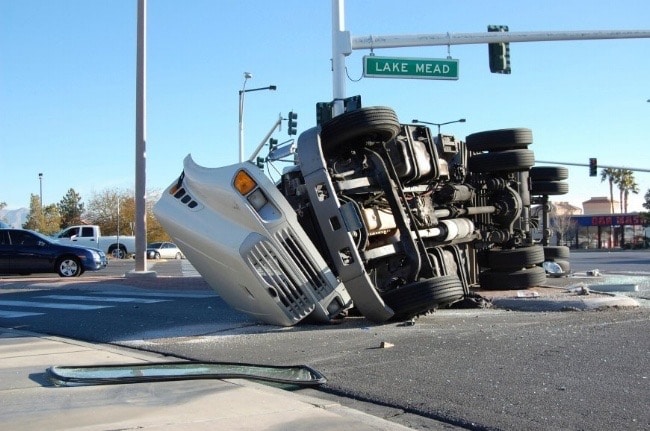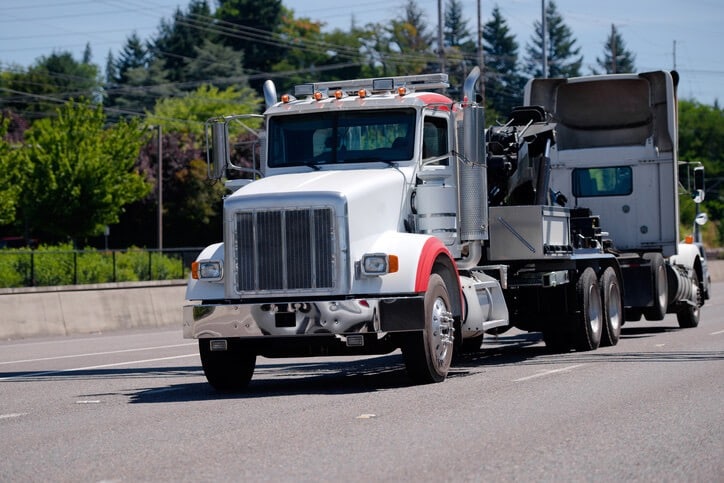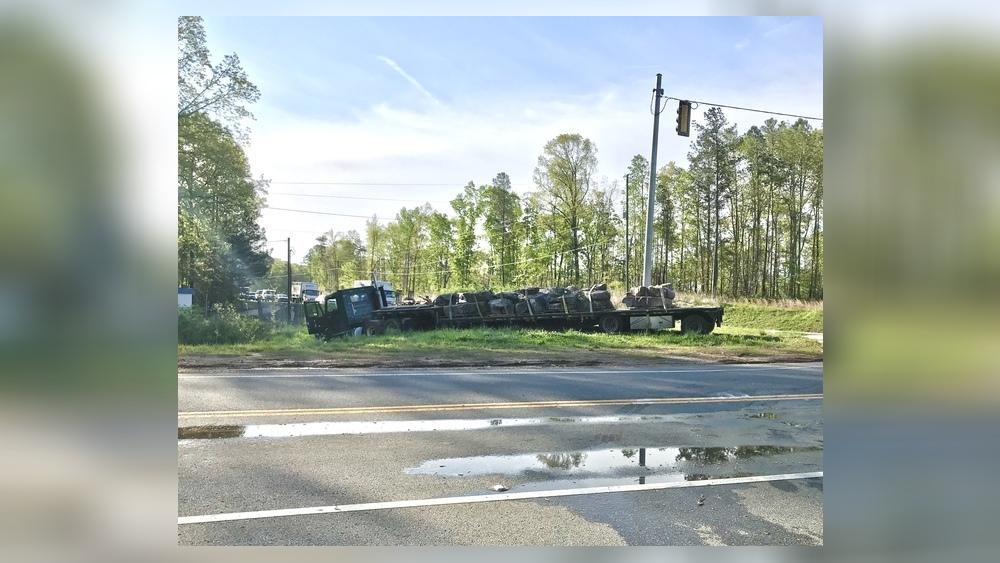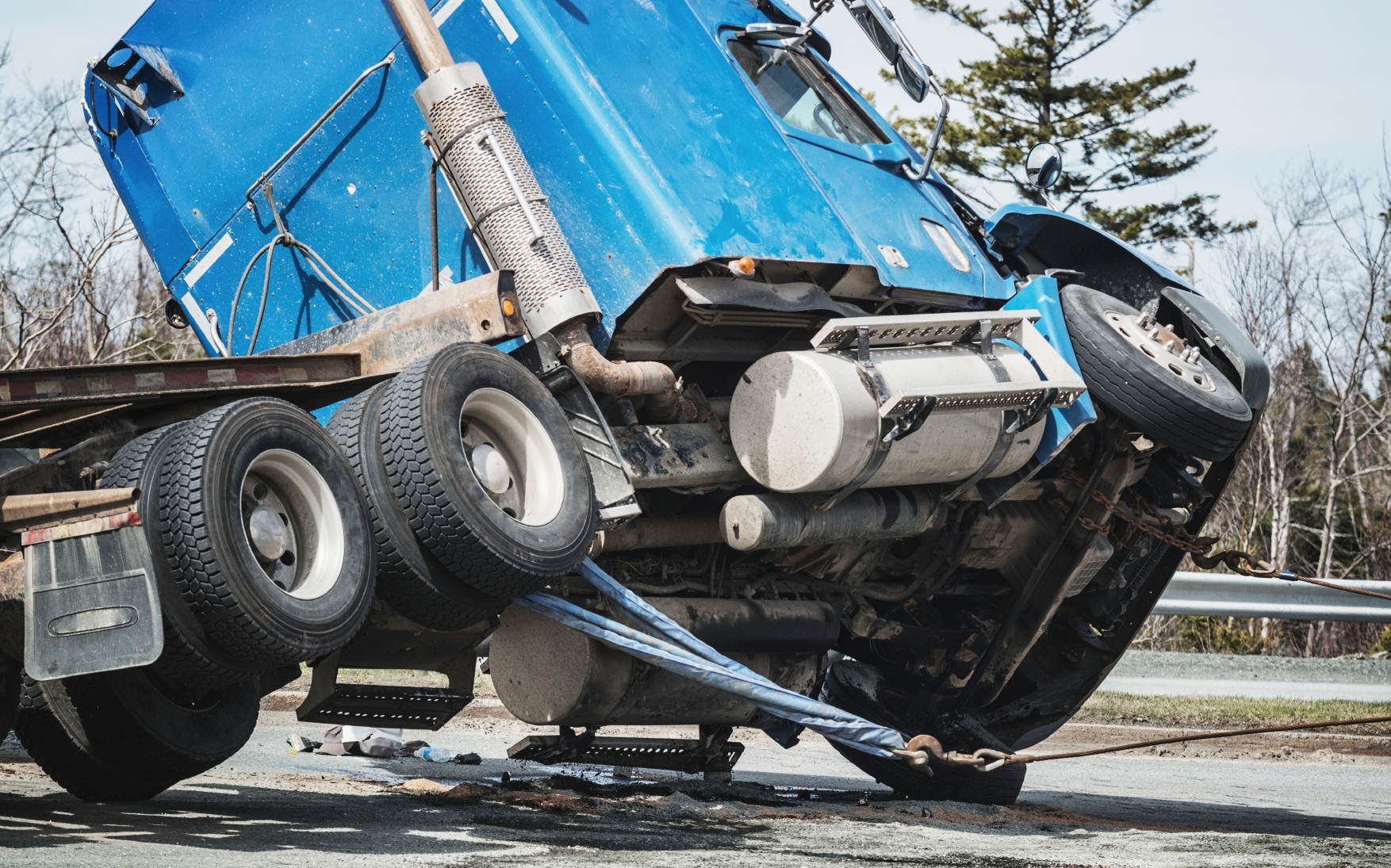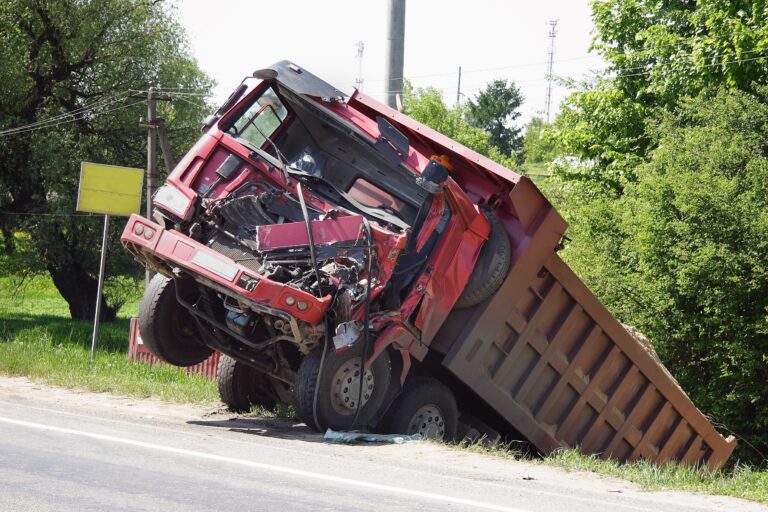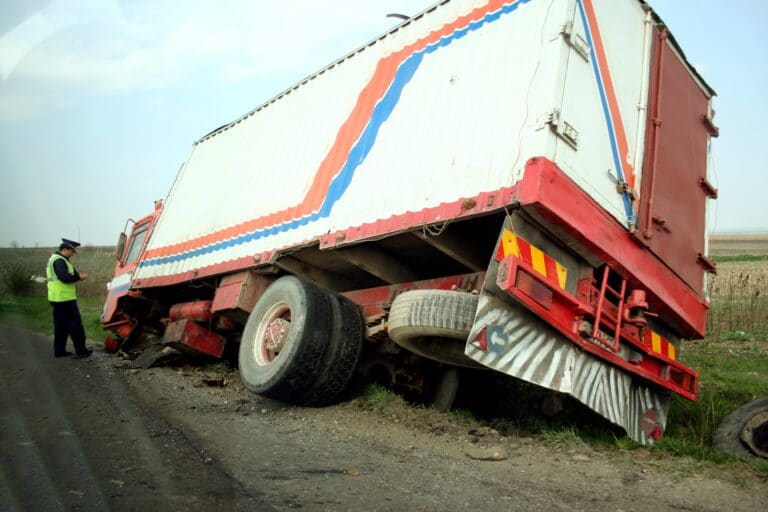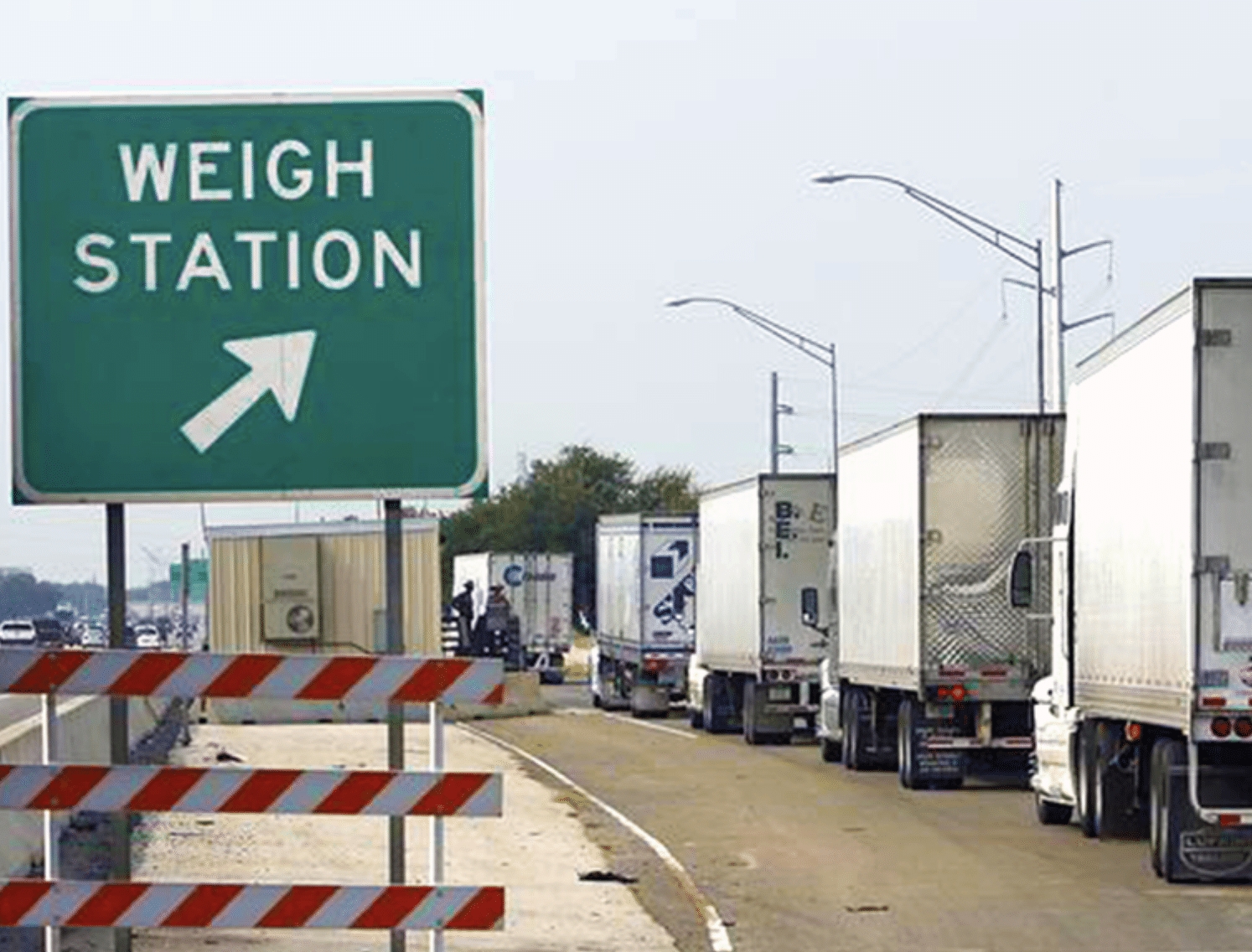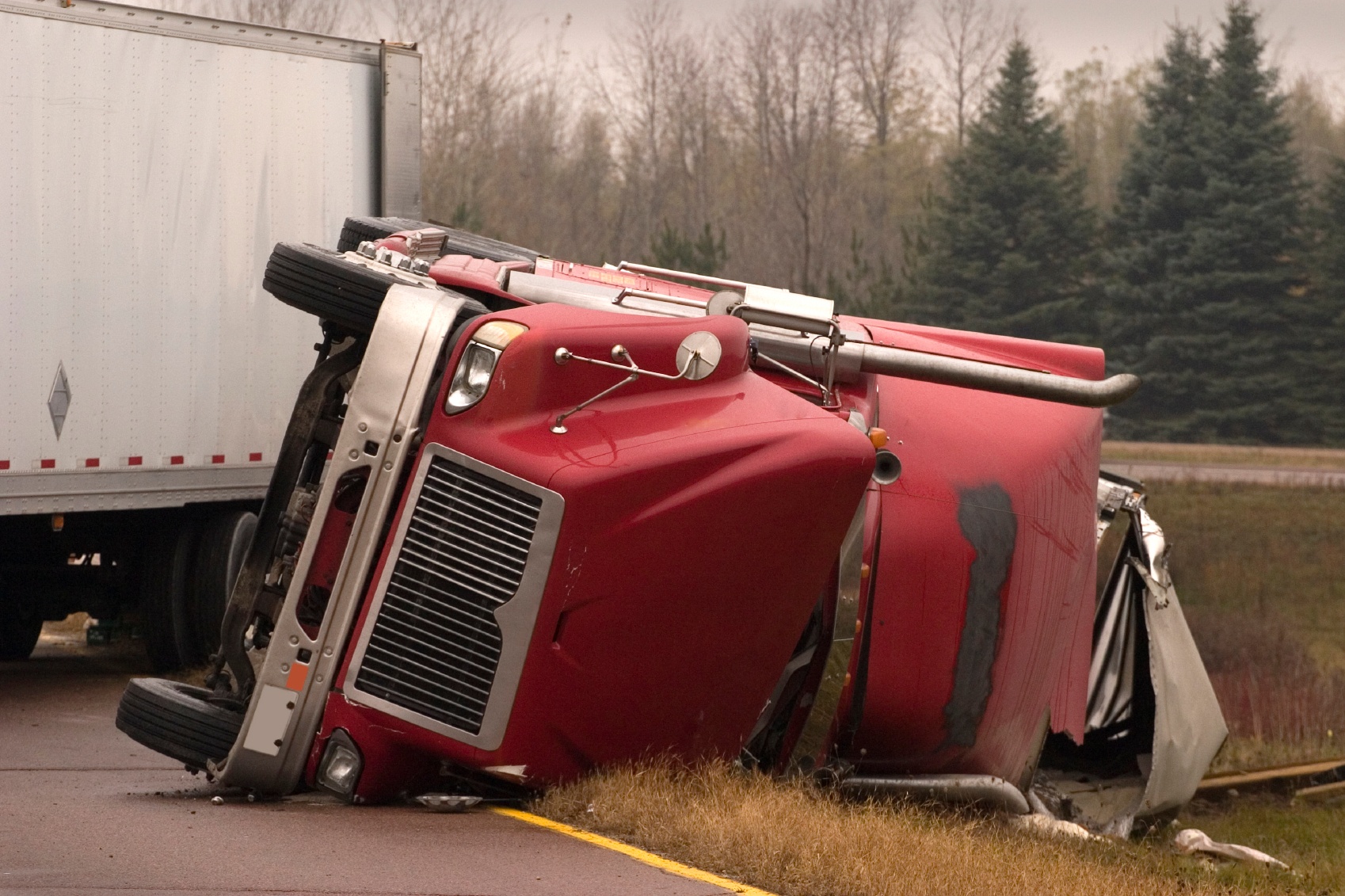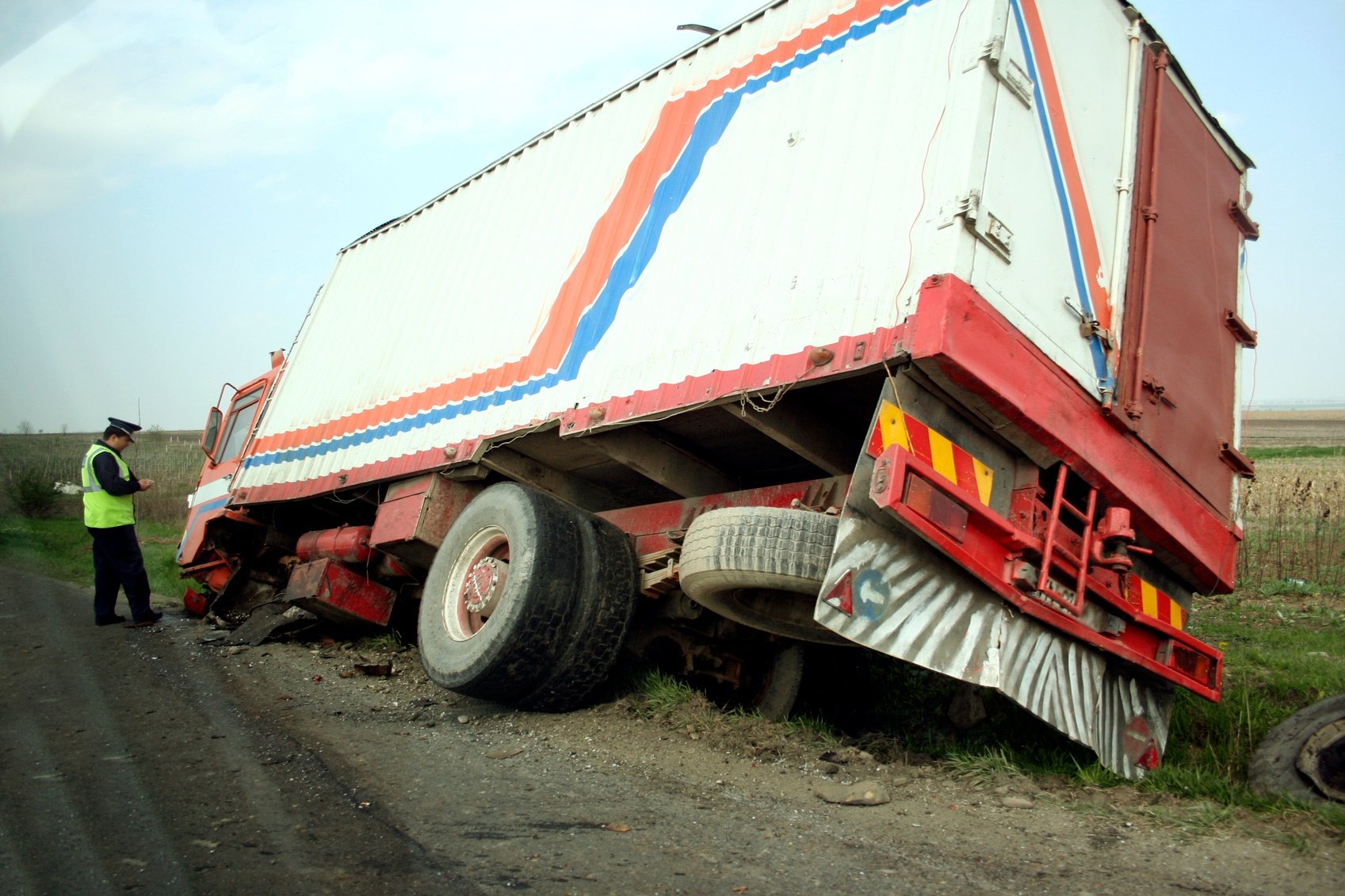Truck Accidents and “Negligent Maintenance”: Holding Companies Accountable for Unsafe Vehicles
Large trucks, like 18-wheelers and semi-trucks, are essential for transporting goods across Georgia and South Carolina. However, these massive vehicles can also be incredibly dangerous when they aren’t properly maintained. When trucking companies cut corners on maintenance, the results can be catastrophic, leading to serious accidents and injuries.
What is Negligent Maintenance?
Negligent maintenance means a trucking company (or the owner of the truck) failed to properly inspect, repair, and maintain their vehicles. It’s more than just forgetting an oil change; it’s a pattern of neglecting the safety of the truck, putting everyone on the road at risk. Trucking companies have a legal responsibility, a “duty of care,” to ensure their vehicles are safe to operate. This duty is to other drivers, and a breach of this duty is negligence.
Federal and state regulations, enforced by agencies like the Federal Motor Carrier Safety Administration (FMCSA), set clear standards for truck maintenance. These rules aren’t just suggestions; they are laws designed to prevent accidents. When a company ignores these rules, they’re being negligent.
Common Types of Negligent Maintenance
Several types of maintenance failures frequently contribute to truck accidents:
- Brake Problems: Brakes are arguably the most critical safety system on a large truck. Negligent maintenance can include worn brake pads, leaking brake lines, or improperly adjusted brakes. Because trucks are so heavy, brake failure can easily lead to a collision.
- Tire Issues: Blowouts, worn treads, or underinflated tires can cause a driver to lose control, especially at highway speeds. Regular tire inspections and replacements are essential.
- Steering System Malfunctions: Problems with the steering system can make it difficult or impossible for a driver to control the truck, leading to dangerous swerving or loss of control.
- Lighting and Visibility Problems: Trucks must have working headlights, taillights, brake lights, and turn signals. Broken or malfunctioning lights make it harder for other drivers to see the truck, especially at night or in bad weather.
- Suspension Failures: The suspension system helps keep the truck stable and absorbs shocks from the road. Worn or broken suspension components can affect handling and increase the risk of a rollover.
- Coupling Issues (for tractor-trailers): The coupling system connects the tractor (the cab) to the trailer. If this system is faulty or improperly maintained, the trailer could detach, causing a devastating accident.
How Negligent Maintenance Leads to Accidents
When a truck isn’t properly maintained, it becomes a hazard on the road. Here’s how these maintenance failures can directly cause accidents:
- Loss of Control: Brake failure, tire blowouts, or steering problems can all cause a driver to lose control of the truck.
- Increased Stopping Distance: Worn brakes or underinflated tires increase the distance a truck needs to stop, making it harder to avoid a collision.
- Reduced Visibility: Broken lights make it harder for other drivers to see the truck, increasing the risk of a crash.
- Rollovers: Suspension problems or improperly loaded cargo can make a truck more likely to roll over, especially on curves or during sudden maneuvers.
- Jackknifing: This occurs when the trailer swings out to the side, forming a “V” shape with the cab. Brake problems or improper braking techniques on slick roads can cause jackknifing.
- Detached Trailers: A trailer that separates from the cab is an uncontrolled object on the highway, posing a severe threat to other vehicles.
Proving Negligent Maintenance
If you’ve been injured in a truck accident caused by negligent maintenance, proving it is crucial to holding the trucking company accountable. This is where evidence becomes essential. Here are some key pieces of evidence that can help build a strong case:
- Maintenance Records: Trucking companies are required by law to keep detailed records of all inspections, repairs, and maintenance performed on their vehicles. These records can reveal a pattern of neglect, such as skipped inspections or delayed repairs. These records must be kept for one year while the truck is in service and 6 months after.
- Driver Inspection Reports: Drivers are also required to inspect their trucks before and after each trip. These reports can show if a driver noticed a problem but the company failed to address it. Drivers must retain these reports for three months.
- Police Reports: The police report from the accident scene may contain information about the truck’s condition, such as visible defects or statements from witnesses.
- Expert Testimony: Accident reconstruction experts and truck mechanics can examine the truck and provide expert opinions about whether negligent maintenance contributed to the crash.
- Electronic Data: Many modern trucks have electronic logging devices (ELDs) and onboard recorders that track data like speed, braking, and hours of service. This data can provide valuable insights into the accident.
- Violations of Regulations: Showing that the trucking company violated FMCSA regulations related to maintenance can be strong evidence of negligence.
Who Can Be Held Liable?
In a negligent maintenance case, several parties might be held responsible, including:
- The Trucking Company: The company that owns and operates the truck is usually the primary responsible party.
- The Truck Driver: If the driver knowingly operated an unsafe vehicle or failed to report maintenance issues, they could also be held liable.
- Maintenance Companies: If a third-party company was responsible for maintaining the truck and did so negligently, they could also be held accountable.
- Parts Manufacturers: In some cases, a defective part could have contributed to the accident, making the manufacturer potentially liable.
- Cargo Loaders: If improperly loaded cargo contributed to instability and the crash, the loading company may bear some responsibility.
Truck accidents caused by negligent maintenance are preventable tragedies. Trucking companies have a responsibility to keep their vehicles in safe working order, and when they fail to do so, they should be held accountable.
If you or a loved one has been injured in a truck accident in Georgia or South Carolina, don’t hesitate to seek legal help. The Brown Firm is dedicated to fighting for the rights of accident victims.
Visit one of our offices at:
- 7176 Hodgson Memorial Drive, Savannah, GA 31405
- 320 East Clayton Street, Athens, GA 30601
- 197 14th St. NW, Suite 200, Atlanta, GA 30318
- 110 Traders Cross #226, Okatie, SC 29909
Or call now for a free consultation at (800) 529-1441. We’re here to help you get the justice and compensation you deserve.
Ready to Talk to a Lawyer Who Has Your Back?
Contact The Brown Firm
Get the Answers and Compensation You Deserve
You’ll notice the difference when you contact The Brown Firm! Our local dedicated attorneys want to help you recover and rebuild.
Schedule your free consultation by calling (800) 529-1441 or completing our simple online form.


